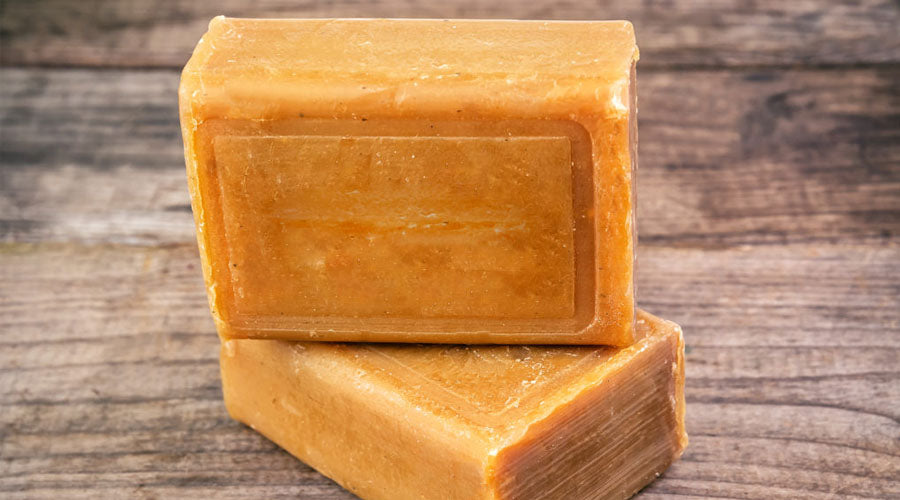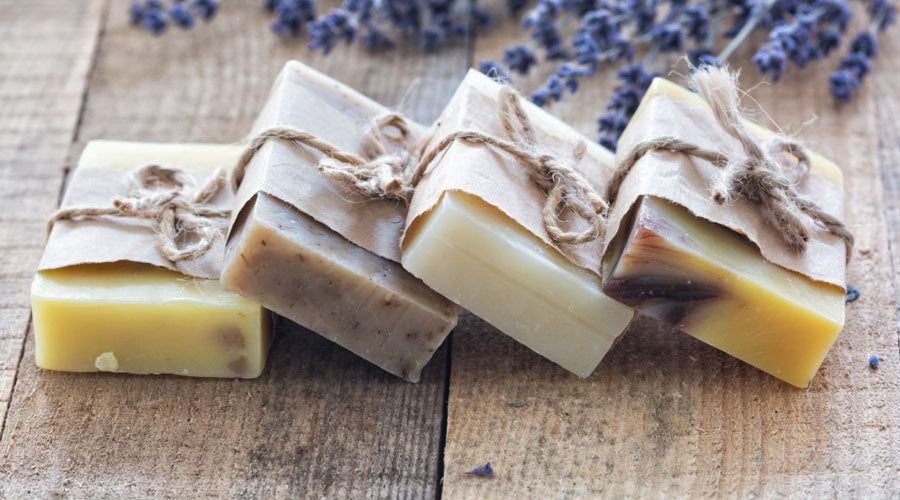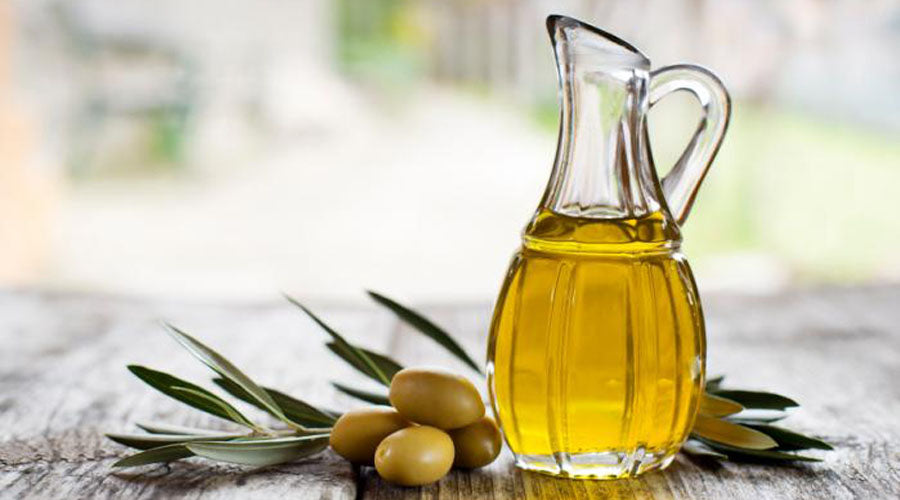What is castile soap
|
|
Time to read 6 min
|
|
Time to read 6 min
A few decades ago, our grandparents were satisfied using whatever soap was on the shelves.
But with the rise of the internet and an easy way to research, we’ve come to realize the hidden toxins lurking in most soaps, and our generation demands a better way.
Fortunately, a better way does exist in the form of castile soap. Read on to discover what it is and how it is safe and beneficial for all skin types.
Table of content
Since castile soap gets its cleansing power from plant-based oils, you not only get a deep clean, but you also get to reap all of the healthy nutrients found within. Don’t believe us? Check out these amazing castile soap benefits:
The best version of castile soap is one that’s 100% pure. Now that doesn’t mean it can’t have anything added to it, but you need to look closely at the “other ingredients” listed on the label. Some manufacturers are using olive oil in their soaps, loading it up with chemical additives and still calling it “castile” soap.
It’s okay to see additions like jojoba oil, plant extracts, hemp oil and similar natural constituents, but beware of hidden toxins like sulfates (SLS), triclosan and artificial fragrances or colors. Castile soap also comes in liquid or soap form. Neither one is considered better than the other. It simply depends on your intended use of it and personal preferences.
Keep in mind that the liquid versions of castile soap tend to be thin and watery. But as long as you buy a quality brand that is 100% pure castile soap, you don’t have to worry about it being diluted. It just feels that way since it’s free from the fillers in other soaps.
Castile soap uses are practically endless, which is one of its greatest strengths! The number one tip we can provide for using castile soap is to remember that a little goes a long way. In fact, modern castile soap is almost always concentrated, so a little dollop can pack quite the cleansing punch.
One of our favorite ways to use castile soap is as a baby wash. Since it’s free from chemicals and harsh detergents, castile soap is the perfect way to bathe your baby. In fact, a 2008 report in Pediatric Dermatology found that olive oil was safe enough to use on premature infants due to its incredible gentle nature.
Pure castile soap is perfectly safe to use on its own, but it can also be mixed with any number of ingredients to form natural replacements for products all throughout your home. More than just for your skin, castile soap can be used as:
If you go for an unscented form of castile soap, you can add your own aroma at home using your favorite essential oils. Other ingredients can safely be added as well. Some common DIY recipes using castile soap include adding water, honey, vegetable glycerin, witch hazel and more.
However, adding other ingredients shortens the shelf life of castile soap, so it’s highly recommended to create your DIY castile mixes in separate bottles and use them within a few weeks.
Also, avoid mixing castile soap with acidic items like vinegar or lemon juice as it can result in a white film being left behind. Want to test out the benefits and uses of castile soap yourself? Try this super easy, all-natural facial cleanser:
Mix it all in a 16 oz soap dispenser and shake to mix!
Few products are as versatile as castile soap, and the fact that it is completely natural with no chemical additives or harsh detergents? It’s a win-win! When it comes to cleaning our skin or our homes, most of us are satisfied with just a simple clean, but castile soap goes a step beyond that. Instead of just cleaning (or drying out like most other modern soaps), castile soap lends its nutritive properties as well such as its antibacterial, anti-fungal, antioxidant and deep moisturizing effects. Whether you want a safe way to bathe your baby, or you want a better way to soothe your skin and clean your home, castile soap has you covered.
Castile soap is special because it’s made from 100% plant-based oils, primarily olive oil, making it biodegradable and gentle on the skin. It's versatile for cleaning, personal care, and eco-friendly household use.
Castile soap is made from plant-based oils, primarily olive oil, along with water, lye, and sometimes additional essential oils for fragrance and added benefits.
Hospitals use Castile soap because it's gentle, biodegradable, and effective for cleaning without harsh chemicals, making it safe for patients and the environment.
Hospitals use Castile soap because it's gentle, biodegradable, and effective for cleaning without harsh chemicals, making it safe for patients and the environment.
Latest News



